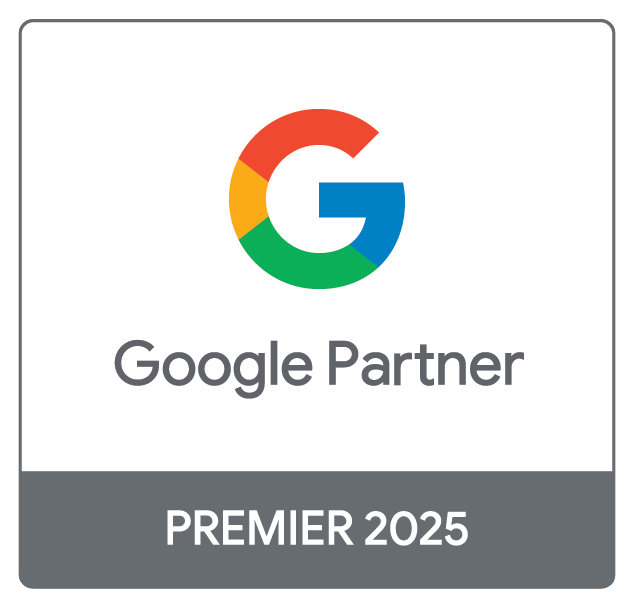We asked two of our Digital Marketing Consultants in SEO, Richard Devonport & Claudia Brooks, to state their cases.
The Case for On-Site Optimisation by Rich
On-site optimisation encompasses (or includes) all the improvements you can make to your own website so it’s easier for search engines to find.
By carrying out on-site optimisation, you can help search engines understand your website which, in turn, can improve your chances of ranking higher on Google.
This helps to target the right customers and drive more of them to your website.
“57% of marketing executives say on-page content development was the most effective SEO tactic.” - Content Marketing Institute
The Case for Off-Site Optimisation by Claudia
Whilst on-site may focus on improving the quality of your website, off-page SEO concentrates on leveraging other sites, ideally high-quality sites and places across the web, to improve your position within search rankings.
Techniques involve some of the following:
- Backlinks (such as natural links and self-created links)
- Google My Business
- Press Releases
- Brand Management
- Guest Posts
- And So Much More!
Google takes into account many off-page factors when deciding if and where to rank web pages. Although we are not aware of the full algorithm Google uses to rank content,we know from experience that some of these metrics include:
- Page-Level Link Features
- Domain-Level Brand Features
- Social Metrics
- Domain-Level Keyword-Agnostic Features
Off-site gives you a range of options and possibilities rather than restricting you to your own website. And off-page factors likely outweigh on-page factors based on research conducted by Moz’s Search Engine Ranking Factors study, which shows that off-site related factors carry more than 50% of the ranking factor weight.
The reason worldwide brands rank highly is because Google trusts them due to brand awareness generating numerous off-site factors. But it all rides on where you are in your marketing expedition… most of the time! Summary:
On-site = What you rank for
Off-site = How high you rank
Counter Arguments for On-Site Optimisation
Setting a solid SEO foundation (on-page SEO) is the first thing you do in regards to websites. There are more factors to take into account, thus there is more work that we have to carry out even before you take off-site SEO into account.
Rely on yourself - there is no need to chase up nameless people for a link or post. You take control of the on-site optimisation, whereas you will have to rely on mostly strangers for off-site. Is that really better than focusing your time and efforts on improving your own website?
People say there is no stoppage time for off-site optimisation. You can constantly find different ways to initiate it rather than having to wait for Google to index it. However, this is just the same for on-site, with content, ongoing optimisation, technical website improvements, etc. - all of which will improve your SEO efforts.
Counter Arguments for Off-Site Optimisation
Too much of a good thing could be bad: The work we perform on-site may have an impact, but is this always a good thing? There is such a thing as over optimisation. This doesn’t necessarily mean black hat practices such as keyword stuffing but there are lots of ways you could be over optimising. For example, you could be trying to target keywords that aren’t actually relevant, that may just be a bit too general or too niche. Google is getting smarter, Search is getting smarter, and trying to do too much to your website may even leave you with a penalty for implementing excessive SEO measures. Again, this does support the argument that there’s only so much on-page optimisation you can do.
Draw the line: Are on-page SEO vs technical SEO really separate matters?
Lean on me: Although on-page work is self-driven, we often have to rely on users themselves to be searching for us (which doesn’t work well for seasonality in business 🍂)
Time is money: A time-consuming task with no guarantees, and an ever-changing landscape. SEO is constantly changing and it’s doing so because Google wants to improve the user experience. We could argue that off-site is something that has merely evolved as opposed to on-page, which just seems to change constantly (again, referring back to PageRank which has been relevant since Google began…)
Summary from our Head of Internet Marketing, Ashley Elton
When combining Google’s advancing crawl technology with a regularly updated SEO plugin such as Yoast, the necessity of manual on-site optimisation inevitably reduces. On the other hand, as links become harder and harder to obtain due to years of scaremongering from Google, it’s understandable that SEOs may feel unsure on how to proceed.
In answering the debate topic, in my opinion any new websites launching online would be best to focus on-site first; it acts as the solid foundation on which to grow the site’s authority. Do it the other way around by building links first and you risk the chance of users turning up and receiving a less than desirable experience.
In all truth though, a winning SEO strategy includes both user-centric on-site optimisation as well as citation, referral and authorship backlinks in equal measure. But then that spoils the fun of a head-to-head debate!
